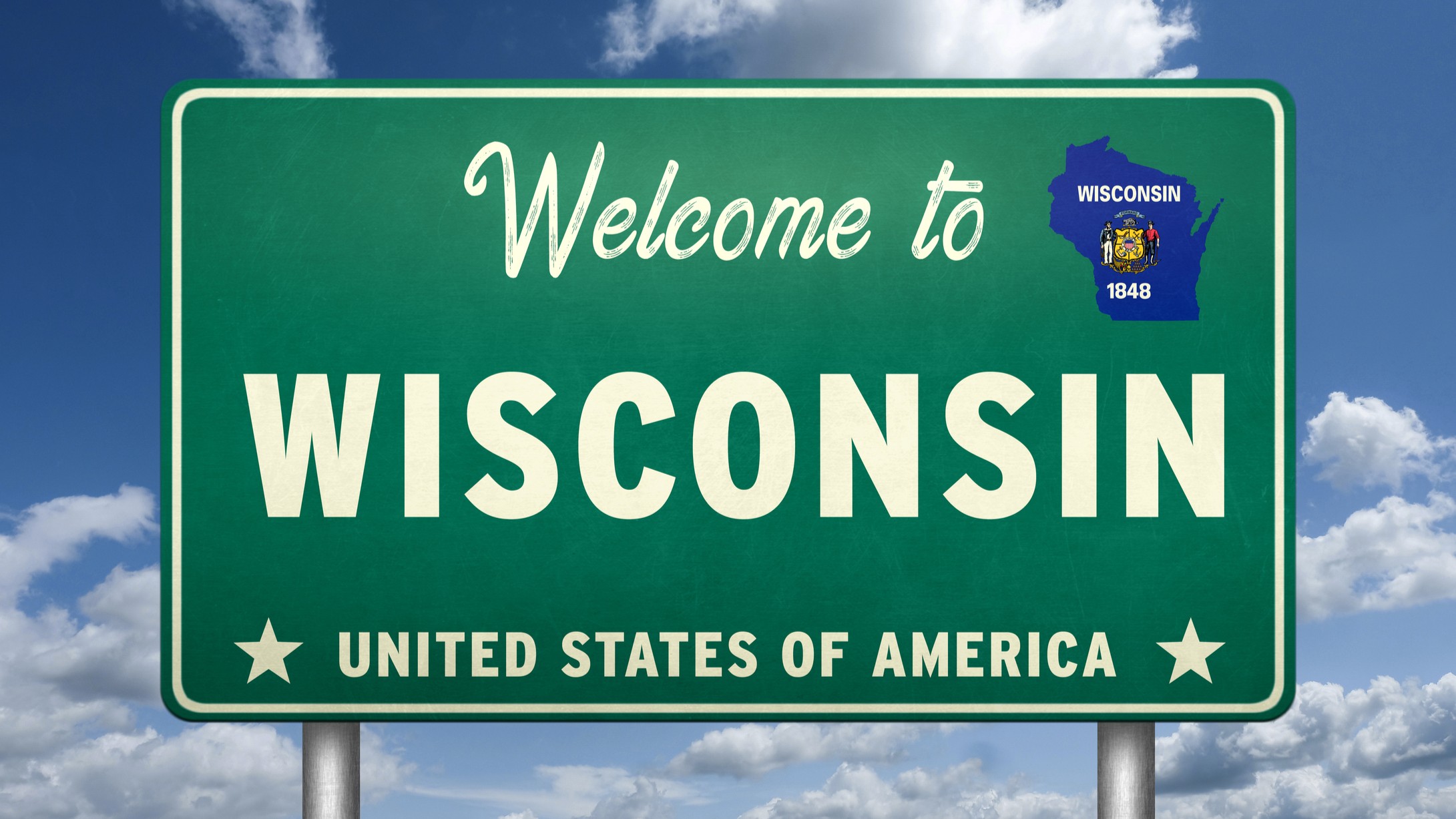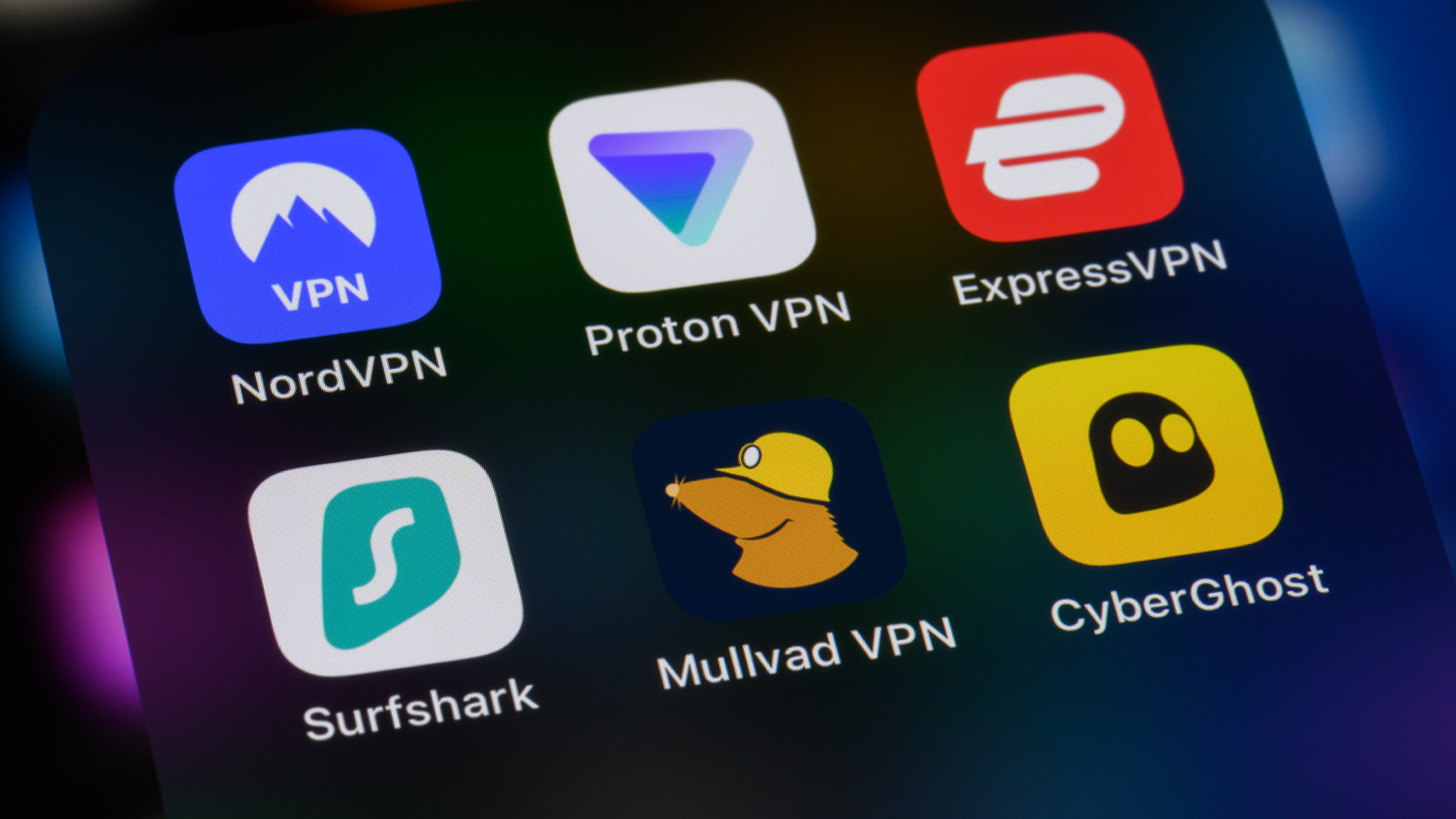Wisconsin wants to force all adult sites to block VPNs with a new age verification bill – here's everything we know
The bill has now landed in the Senate for consideration

Sign up for breaking news, reviews, opinion, top tech deals, and more.
You are now subscribed
Your newsletter sign-up was successful
- A Wisconsin adult content bill could force adult-only websites to block VPNs
- The bill has passed the Assembly, and it's now progressing in the Senate
- It echoes a Michigan proposal, as VPNs are increasingly seen as an obstacle to effective mandatory age verification
Using a VPN to access adult-only sites could become illegal in Wisconsin if a proposed age verification law passes.
First introduced in March, what's known as Wisconsin AB 105/SB 130 is quietly moving up the legislative process. The proposal has already passed the debate in the Assembly and had its first public hearing in the Senate held on October 8.
The bill seeks to introduce an obligation for all service providers operating in Wisconsin, "that knowingly and intentionally publish or distribute material harmful to minors on the Internet," to prevent anyone from accessing their content when connected to a VPN.
As mandatory age verification is enforced in and out of the US, people have increasingly turned to the best VPN services in a bid to bypass these checks and avoid sharing their most sensitive information with third-party services.
Though tensions are growing in the debate around VPN blocking for effective age verification among democracies.
In September, Michigan lawmakers introduced a new adult content bill that would not only force internet service providers to monitor and block VPN connections, but also ban the promotion or sale of circumvention tools to access prohibited material. A proposed legislation that Proton defined as "a danger for the political discourse."
In the UK, the children's commissioner for England, Dame Rachel de Souza, has also deemed VPNs as "a loophole that needs closing."
Yet, VPNs are a crucial tool for promoting a safe and free internet everywhere across the world. This is why campaigners at Fight for the Future have launched the Defend VPNs Day of Action initiative, exactly to call lawmakers on taking a "principled leadership" against VPNs.
Wisconsin VPN blocking – what we know so far

It is not yet clear how lawmakers plan to implement this VPN blocking requirement, nor how websites displaying adult-only content could practically restrict only the VPN traffic coming from Wisconsin's users.
As per how virtual private networks (VPNs) work, in fact, websites can only see users' spoofed IP addresses and not their real locations. This means that even if adult sites were to detect VPN traffic, it may be virtually impossible to determine where the person is really connected from.
This could mean that not only people in Wisconsin would have to share their biometrics, IDs, and credit card details without the security of a VPN encrypting their communications, but that adult sites may also be forced to block all individuals accessing their services regardless of their location.
The likes of NordVPN and Proton VPN also use sophisticated obfuscation techniques to disguise VPN traffic to prevent blocking. This is why another option could be shifting the burden directly to the VPN companies. This outcome is what Proton fears the most from these types of proposals.
Commenting on the Mchighan law, US Public Policy Manager at Proton, Christine Bannan, told TechRadar: "We don't want to be forced to track content, nor do we want our users to accept having their information tracked. We don't wanna be a tool of blocking, and that's the bigger risk."
It also remains to be seen whether sites with "material harmful to minors" will also include social media providers, as the bill doesn't specify this at the moment.
Also, as per the text, all sexually explicit content needs to be age-gated if it lacks serious literary, artistic, political, or scientific value for minors. We don't know, however, who will be supposed to judge and define what's prurient and what's not.
There are many open questions that lawmakers still need to address as the bill progresses through the legislative process. TechRadar reached out to the politicians working on the bill, but we are still waiting for a response at the time of publication.
Nonetheless, censorship and mass surveillance shouldn't be the answer to child safety, Campaigns and Communications Director at Fight for the Future, Lia Holland, told TechRadar.
She said: "This bill is a shortsighted measure that will come back to bite whatever political party chooses to pass it, and an assault on free speech. It will not, in fact, make people or kids in Wisconsin safer; it will just push people further to the fringes. And teens to take ever-greater digital risks to find what they're looking for online."
You might also like

Chiara is a multimedia journalist committed to covering stories to help promote the rights and denounce the abuses of the digital side of life – wherever cybersecurity, markets, and politics tangle up. She believes an open, uncensored, and private internet is a basic human need and wants to use her knowledge of VPNs to help readers take back control. She writes news, interviews, and analysis on data privacy, online censorship, digital rights, tech policies, and security software, with a special focus on VPNs, for TechRadar and TechRadar Pro. Got a story, tip-off, or something tech-interesting to say? Reach out to chiara.castro@futurenet.com
You must confirm your public display name before commenting
Please logout and then login again, you will then be prompted to enter your display name.